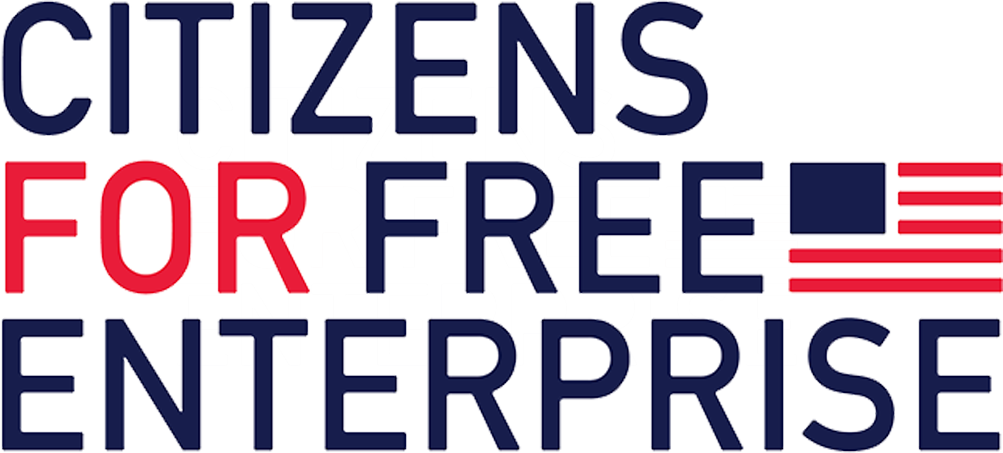FROM: Citizens for Free Enterprise Action
TO: Interested Parties
RE: Arizona 2024 Legislative Session Analysis
The Arizona Legislature adjourned its 2024 regular session on June 15. At 160 days the session was well over a month shorter than last year’s record of 204 days. Overall, legislators considered more than 1,700 different bills and resolutions. More than 250 were signed into law by Democrat Governor Katie Hobbs, and more than 70 were vetoed.
With divided government, and narrow partisan splits in both legislative chambers, any major legislation affecting free enterprise was unlikely to pass this session. Overall, the final result generally favored free enterprise, as several positive bills were signed into law, and the most harmful pieces of legislation died in the legislature or were vetoed.
KEY TAKEWAYS
We applaud Republican leaders in the legislature and Governor Hobbs on passing a budget deal that largely protects free enterprise by balancing the budget with across-the-board spending cuts and without major tax increases while also preserving school choice programs in the state. Two other major positives from the legislative session are worth highlighting:
- The session included some bright spots for Arizona entrepreneurs and independent businesses like the so-called Tamale bill—which made things easier for entrepreneurs by expanding the list of foods that can be prepared for sale in a home kitchen; a bill relieving youth entrepreneurs of burdensome regulations; and a bill that created an organized retail theft task force in the Attorney General’s Office. All three were enacted into law with bipartisan support and will help independent businesses in the state.
- After Governor Hobbs vetoed bills that would have further simplified occupational licensing, cracked down on retail theft, and required costly regulations face legislative review, as well as dozens of other bills, Republicans sought to circumvent her opposition by referring measures to the ballot for voters to decide in November. Several of these ballot measures would be particularly beneficial to free enterprise, including a measure to require legislative approval of certain regulations, a measure that would allow property owners to apply for a property tax refund if municipality doesn’t enforce nuisance laws, and a measure protecting the tipped minimum wage. If passed by voters, each of these measures would be a victory for free enterprise.
HARMFUL LEGISLATION DEFEATED
Nearly as important as the positive bills that passed the legislature were the numerous harmful bills that didn’t make it into law. Harmful bills this session would have raised taxes, imposed costly new regulations on independent businesses, dismantled school choice, or generally rolled back free enterprise in Arizona.
- Among the worst bills of the legislative sessions were those that would have done the bidding of anti-school choice activists by dismantling Arizona’s robust school choice programs. These bills included proposed roll backs of the Empowerment Scholarship Account (ESA) program and the School Tuition Organization (STO) tax credit program, both of which fund scholarships for students to attend the school of their choosing and help keep kids from getting trapped in failing public schools.
- There were a number of bills introduced that would have been detrimental to Arizona workers, including: radical minimum wage increases that lead to fewer hours and reduced consistency for workers; proposals to increase the corporate tax rate, which leads to decreased investment, productivity losses, less economic growth, and lower standards of living; and costly, extreme environmental rules that would enable frivolous lawsuits and undermine free enterprise. However, the most egregious bills were a set that would repeal Arizona’s Right to Work protections in the state constitution and force workers to join labor unions whether they want to or not.
Bottom Line: The 2024 legislative session was generally positive for free enterprise, as the most harmful bills were stopped, and the most damaging proposals were left out of the final budget. While free enterprise victories were hard to come by, Arizona voters will have an opportunity to provide a few more wins by advancing certain ballot measures in November.

